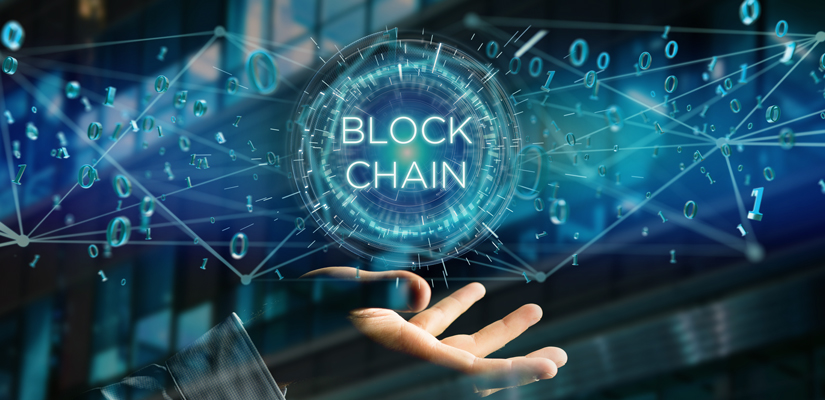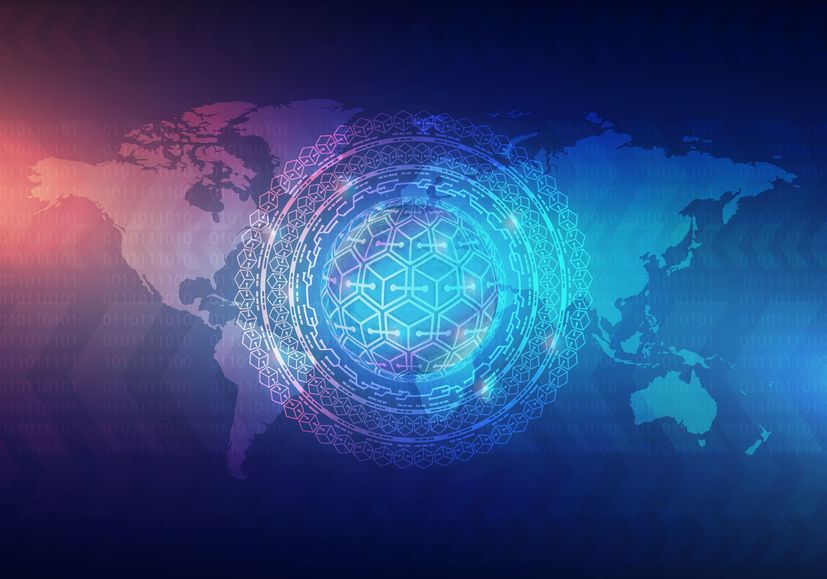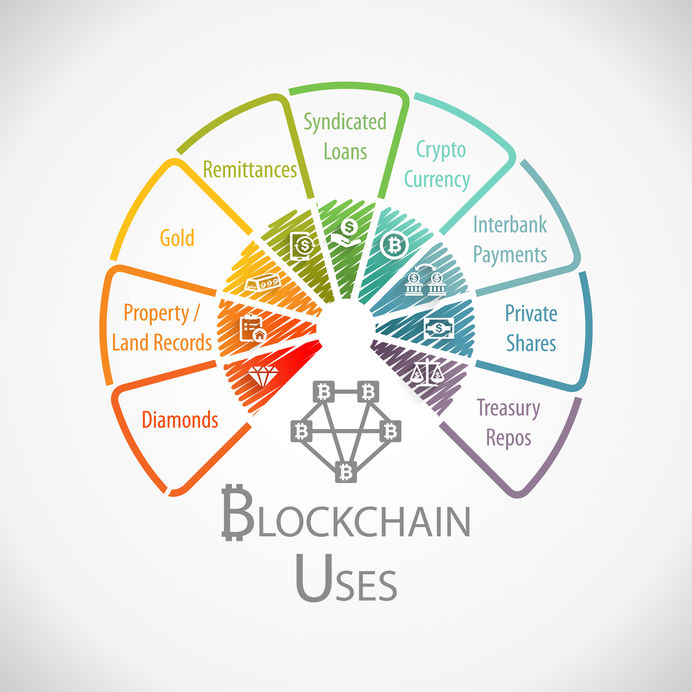On 1st February, in his 2018 Union Budget speech, Finance Minister Arun Jaitley declared that the government of India would not recognize cryptocurrency as legal tender. However, he added that India will explore the potential of blockchain in governance. And so, it did. Niti Aayog, the government’s think tank, was put to the task of studying the use-cases of blockchain technology and developing viable prototypes. It is currently working on what could be the world’s largest implementation of blockchain in governance- IndiaChain.
Before we dive into the functions and potential impact of IndiaChain, let’s understand what blockchain really is. Blockchain is generally associated with cryptocurrencies. In fact, cryptocurrencies merely use the blockchain technology as a medium to record transactions. Simply speaking, blockchain is to cryptocurrency, what the internet is to email. Blockchain is a decentralized digital ledger maintained by a network of computers, which are called nodes. Think of it as a large record book shared between many people. What makes it secure is that no data can be modified by any single person without everyone agreeing to the modification. Also, since the record is not stored in one centralized location, tampering of blockchain records is virtually impossible. The technology also offers unparalleled transparency and the ability to verify transactions by all members of the network.
The development of IndiaChain, which is in its early stages, could have a transformative impact in various sectors of governance. It will be linked to IndiaStack, a set of code developed around the country’s unique identity project, Aadhaar. Let’s take a look at some of the implications of IndiaChain.
Agriculture
In its first phase, IndiaChain aims to address the problems facing India’s agriculture sector pertaining to land records, electricity distribution, soil data etc. The government is also currently working on creating a digital map of soil health of agricultural land in India. This will digitize all the information about the quality of land, what crops are grown, what kind of fertilizers are optimal, etc. The technology will also be implemented further down in the supply chain, which will enable the tracking and tagging of crops once they reach the market.
Payments
India has come up with game changing innovations in the payments sector. India’s UPI, united payments interface, allows zero-cost instant bank transfers between bank accounts and has proven to be a big success. The software’s API has been used by technology giants to release their own remittance applications. IndiaChain is expected to follow a similar path that will see the government develop a few initial applications before allowing tech companies to build upon these applications. By enabling peer-to-peer payments, IndiaChain could go on to create a truly decentralized sharing economy. Another step forward in this area is the development of Bank Chain by a consortium of Indian and International banks, which will redefine processes such as KYC, contract management, loans, payments and international remittances.
Governance
In subsequent phases of IndiaChain, the government plans to make the electoral process completely transparent and accessible to the public. IndiaChain is also being developed to issue digital certificates for universities and schools, which will minimize the cases of forging and duplication of data. The technology is also expected to re-imagine public records pertaining to land and real estate. Blockchain can also be used for managing documents and evidence for the courts in the country.
Healthcare
The management of health records is another use case that is being explored in some Indian states. One day, patient records on IndiaChain, can be easily accessed by doctors and hospitals on the network. Patients will not have to create a new file every time they visit a new medical care provider. This could reduce medical costs and delays in treatment.
While blockchain technology may not be the only way to implement some of these cases, it certainly offers one of the most secure platforms to do so. We may not see some of these results immediately, but India sure seems to be on the right track to usher in a new era of governance that is backed by speed, transparency and security.
______________________
How do we overcome the traditional control of established institutions in our current monetary economy?
Digital ID on Blockchain with beneficiaries owning and controlling their data is the essential building block for many other Blockchain based Use Cases
How India can capitalize on its demographic dividend through blockchain





